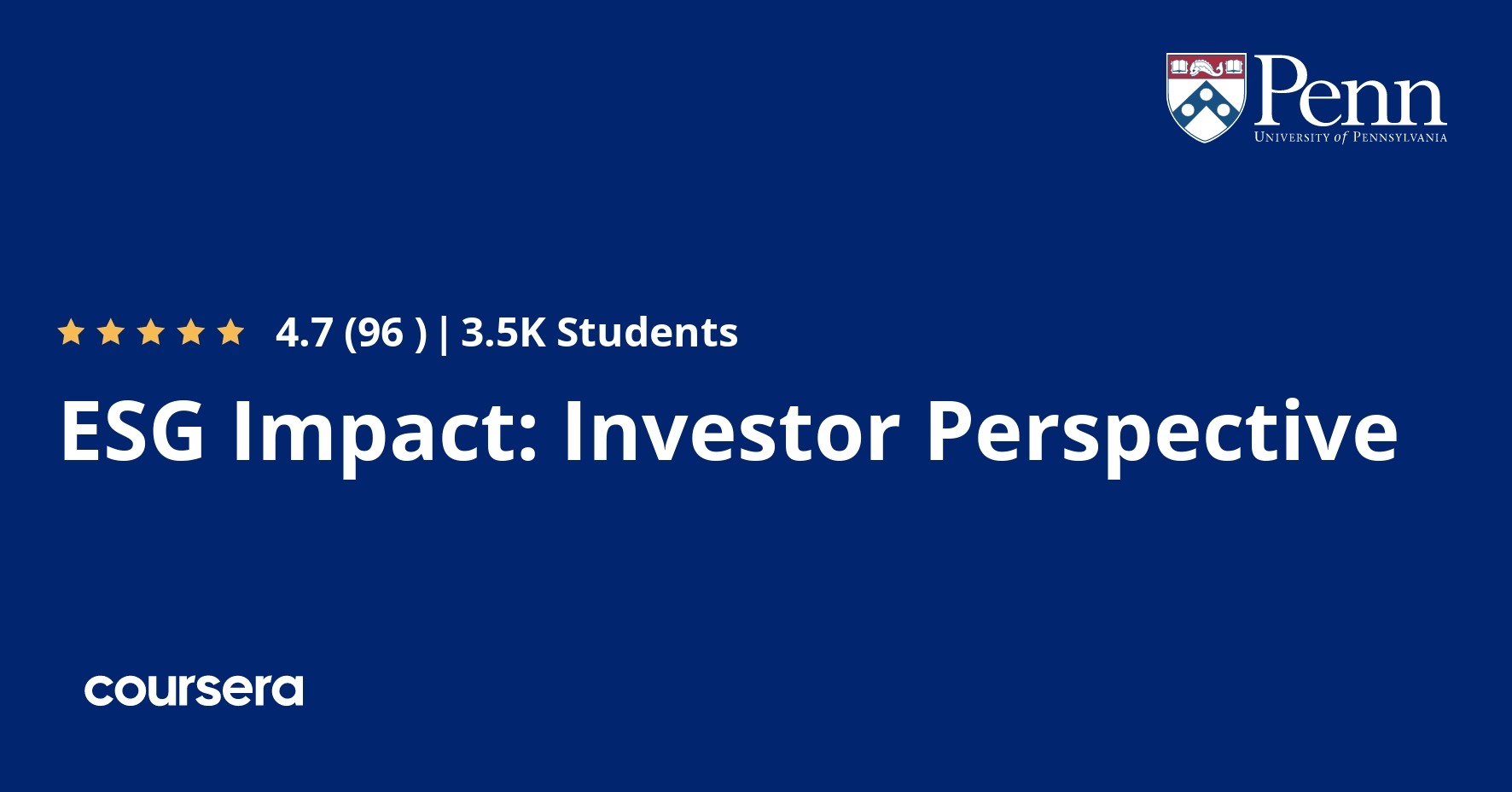Assessing Google's AI Capabilities: Investor Perspective And Market Potential

Table of Contents
Google's Core AI Strengths and Technologies
Google's dominance in the AI field isn't accidental; it's the result of years of dedicated research and development, coupled with access to unparalleled resources.
Deep Learning and Machine Learning Prowess
Google's extensive research in deep learning and machine learning is undeniable. Breakthroughs like TensorFlow, a leading open-source machine learning library, have democratized access to advanced AI tools while simultaneously cementing Google's position at the forefront of innovation. This expertise fuels applications across numerous Google products, including:
- Google Search: Deep learning algorithms power search ranking, ensuring more relevant and accurate results.
- Google Assistant: The virtual assistant relies heavily on machine learning for natural language understanding and task completion.
- Google Cloud AI Platform: Provides businesses with access to Google's powerful AI tools and infrastructure.
Google's competitive advantage stems from its vast data sets – the fuel for training sophisticated AI models – and its immense computational power, enabling the training of exceptionally complex neural networks.
- Example: Google's improved search accuracy, directly attributable to advancements in deep learning, translates to billions of more efficient searches annually.
- Example: Personalized recommendations on YouTube and other Google services leverage machine learning to anticipate user preferences.
Natural Language Processing (NLP) Advancements
Google's leading NLP capabilities are evident in products like Google Translate, a service that has revolutionized cross-lingual communication, and Bard, its conversational AI chatbot. These advancements have significant implications across various sectors:
- Customer Service: AI-powered chatbots offer 24/7 support and improved response times.
- Content Creation: NLP tools assist in writing, editing, and summarizing text, boosting productivity.
- Language Translation: Real-time translation technologies break down language barriers in business and personal interactions.
The future potential of Google's NLP extends to enhanced human-computer interaction, enabling more intuitive and natural communication with technology.
- Example: Google Translate's impressive accuracy rates across numerous languages demonstrate Google’s NLP superiority.
- Example: Bard's ability to generate creative text formats, from poems to code, showcases the versatility of Google's NLP technology.
Computer Vision and Image Recognition
Google’s sophisticated computer vision algorithms power applications like Google Photos, enabling features such as automatic photo organization and object recognition. Beyond consumer applications, Google's computer vision technology plays a crucial role in:
- Autonomous Vehicles: Waymo, Google's self-driving car project, relies heavily on advanced computer vision for navigation and obstacle detection.
- Medical Imaging: AI-powered image analysis assists in disease diagnosis and treatment planning.
The future of Google's computer vision holds immense potential for innovation in robotics and augmented reality, creating immersive and interactive experiences. While Google faces competition from companies like Amazon and Microsoft in computer vision, its vast datasets and research expertise provide a strong competitive edge.
- Example: Google Lens, which uses computer vision to identify objects within images, is a prime example of Google's capabilities.
- Example: Medical image analysis using Google's computer vision algorithms has shown promising results in early cancer detection.
Market Potential and Investment Implications
The market potential of Google's AI capabilities is enormous, impacting numerous sectors and creating lucrative investment opportunities.
Growth Sectors Fueled by Google AI
Google's AI advancements are driving growth in several key sectors:
-
Cloud Computing: Google Cloud Platform (GCP) offers a suite of AI-powered services attracting businesses seeking scalable and efficient solutions.
-
Autonomous Vehicles: Waymo's progress in autonomous driving technology positions Google to disrupt the transportation industry.
-
Healthcare: AI applications in diagnostics, drug discovery, and personalized medicine are revolutionizing healthcare delivery.
-
Market Projections: The market for cloud AI is projected to grow exponentially in the coming years, while the autonomous vehicle market is poised for significant disruption. AI in healthcare is also expected to witness substantial growth.
Risk Assessment and Potential Challenges
Despite the enormous potential, investors should consider several risks:
-
Competition: Intense competition from other tech giants like Amazon, Microsoft, and Meta poses a challenge.
-
Ethical Considerations: Ethical concerns surrounding AI bias, job displacement, and misuse require careful consideration.
-
Regulatory Hurdles: Government regulations and data privacy concerns could impact AI development and deployment.
-
Mitigation Strategies: Diversification of investments, thorough due diligence, and close monitoring of regulatory developments are crucial for mitigating risks.
Valuation and Investment Strategies
Analyzing Google's stock performance in relation to its AI advancements is crucial for investors. Investment options include:
-
Direct Stock Ownership: Investing directly in Google's parent company, Alphabet Inc.
-
AI-Focused ETFs: Diversified exposure to multiple companies involved in AI development.
-
Investment Recommendations: A balanced approach combining direct stock ownership and exposure through ETFs can provide a diversified investment strategy.
Conclusion
Google's substantial investments and advancements in AI present a compelling investment opportunity. Its leadership in various AI subfields positions it favorably for substantial future growth. While risks associated with competition and regulation exist, the potential rewards are significant. Therefore, a well-informed assessment of Google AI capabilities is crucial for investors seeking to capitalize on this transformative technology. By carefully considering the market potential and mitigating the identified risks, investors can effectively leverage the power of Google's AI capabilities for significant returns. Begin your due diligence now and explore the promising world of Google AI investments.

Featured Posts
-
 Watercolor Play Script Review Realism And Potential Explored
May 22, 2025
Watercolor Play Script Review Realism And Potential Explored
May 22, 2025 -
 Bp Executive Compensation A 31 Decrease
May 22, 2025
Bp Executive Compensation A 31 Decrease
May 22, 2025 -
 Southport Stabbing Mothers Tweet Results In Jail Sentence And Loss Of Home
May 22, 2025
Southport Stabbing Mothers Tweet Results In Jail Sentence And Loss Of Home
May 22, 2025 -
 Freepoint Eco Systems And Ing Partner On New Project Finance Initiative
May 22, 2025
Freepoint Eco Systems And Ing Partner On New Project Finance Initiative
May 22, 2025 -
 Klopp Un Gelecegi Transfer Spekuelasyonlari Ve Analiz
May 22, 2025
Klopp Un Gelecegi Transfer Spekuelasyonlari Ve Analiz
May 22, 2025
Latest Posts
-
 Revitalizing Otter Management A Critical Turning Point In Wyoming
May 22, 2025
Revitalizing Otter Management A Critical Turning Point In Wyoming
May 22, 2025 -
 Thousands Of Zebra Mussels Found On Casper Boat Lift
May 22, 2025
Thousands Of Zebra Mussels Found On Casper Boat Lift
May 22, 2025 -
 Second Gray Wolf From Colorado Reintroduction Program Dies In Wyoming
May 22, 2025
Second Gray Wolf From Colorado Reintroduction Program Dies In Wyoming
May 22, 2025 -
 Otter Population Management In Wyoming Reaching A Turning Point
May 22, 2025
Otter Population Management In Wyoming Reaching A Turning Point
May 22, 2025 -
 Casper Residents Shocking Boat Lift Discovery Thousands Of Zebra Mussels
May 22, 2025
Casper Residents Shocking Boat Lift Discovery Thousands Of Zebra Mussels
May 22, 2025
